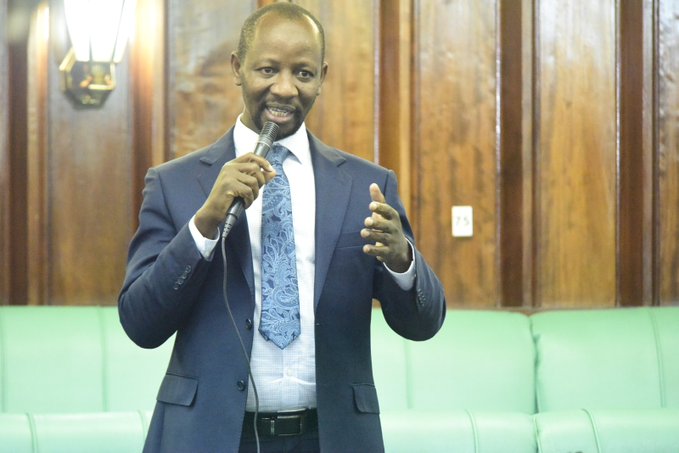Ssemujju Nganda, the Kira Municipality Member of Parliament, has rejected a proposal by the government to create a National Council for Kiswahili aimed at promoting Kiswahili in Uganda, saying instead the language should be made compulsory in schools.
During plenary session on October 3, 2024, Ssemujju said Uganda doesn’t have a council for English, but people speak the language, and the same applies to the other local languages.
“I am disagreeing with the whole idea of creating a council. We study English, and all of you here speak English. Is there a Council for English? You speak your language, luganda, etc. You can’t be the same Parliament supporting rationalization, and you allow government, in a lazy way, to begin creating a council. Some of us who went to rural schools were beaten to speak English, but we are here in Parliament, allowing this lazy government to also carry us along, that we want to promote Kiswahili, therefore a Council be created,” Ssemujju said.
According to Article 6(2) of the Republic of Uganda’s constitution, Kiswahili is recognized as the second official language in Uganda, to be utilized in circumstances determined by Parliament through legislation.
Ssemujju added, “I don’t know how this government works; we should thank God that we still exist. Because if you want to popularize a language, just introduce it and make it compulsory in schools. You have 12 million children who are in primary schools; why do you bother Parliament and spend the whole afternoon debating the creation of a council, whether it should be here or there for purposes of promoting a language?”
Ssemujju’s argument followed Speaker Among’s query to the government to clarify if the National Kiswahili Council Bill 2024 that Parliament had processed was tabled before Parliament without the signature of the Minister of Gender, Betty Amongi.
“There was also an aspect of someone sponsoring the bill and sending it without a signature. How do we confirm whether the bill is authentic? Who owned it?” Speaker Among asked.
The Uganda National Kiswahili Council Bill was introduced in Parliament by Hon. Hellen Asamo, the State Minister for Gender (Disability Affairs), on February 28, 2023, who presented the bill aimed at establishing a council to promote Kiswahili throughout the country. The bill seeks to enhance the use of Kiswahili in various sectors, including education, administration, and legislation, and was referred to the Parliamentary Sectoral Committee for review.
Countries like Kenya introduced the bill for the establishment of the Kiswahili Council in Parliament on November 1, 2019. This marked the adoption of the first-ever Kiswahili version of the National Assembly Standing Orders, which aimed to mainstream Kiswahili in their legislative work.















